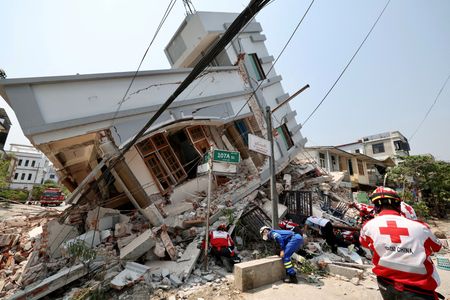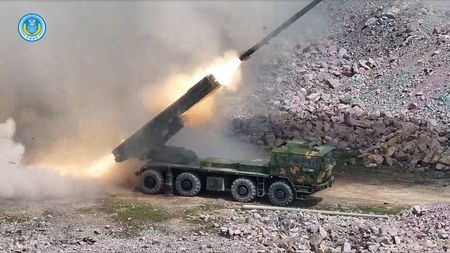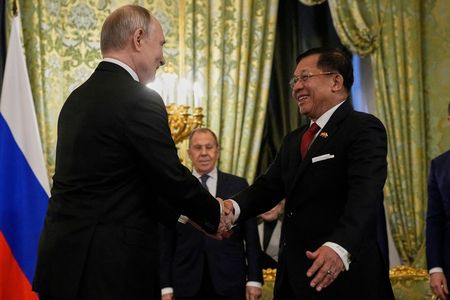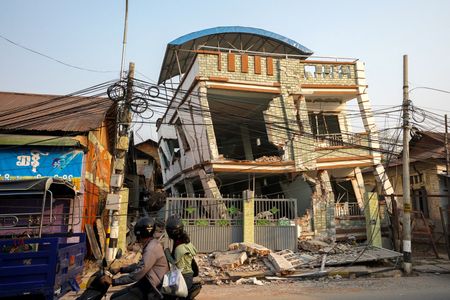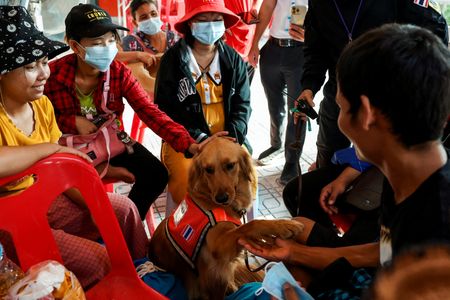By Jun Yuan Yong
SINGAPORE – Singapore used an internal security law against two teenagers separately, one over plans to attack mosques and the other for wanting to fight in Syria alongside Islamic State militants, authorities said on Wednesday.
The 17-year-old male was detained and subscribed to far-right extremist ideology, seeing himself as an “East Asian supremacist,” authorities said.
He wanted to shoot mosques and had unsuccessfully tried to buy guns, including from the United States, Malaysia and Thailand, the internal security department said.
The teenager wanted to “maximise casualties” and kill at least 100 Muslims, to outdo the 2019 Christchurch attack in which a gunman killed 51 worshippers in a mosque, it said.
Detained in March under the island’s Internal Security Act, he could be held for up to two years without trial.
He was identified following an investigation into an 18-year-old detained in December over similar far-right extremism, authorities said.
Authorities said they were concerned about youth radicalisation in Singapore, and have used the Internal Security Act against 17 youth aged 20 and under since 2015.
That law allows suspects to be held for lengthy periods without trial, or to be given a restriction order limiting travel and internet access, among other conditions.
Of the 17 detained in the past ten years, nine planned to carry out attacks in multi-racial Singapore, where 74% of residents are Chinese, 13.6% Malay, 9% Indian, and 3.3% is classified as other, according to population statistics.
The second detained youth was a 15-year-old female who wanted to marry an Islamic State fighter and raise a pro-IS family or fight for the extremist group in Syria, said the internal security department.
She was issued with a restriction order in February.
“Self-radicalisation can happen very quickly. In the case of the 15-year-old, it only took weeks. It is thus critical that the public be vigilant to signs that someone around us may have become radicalised,” said the internal security department.
(Reporting by Jun Yuan Yong; Editing by Bernadette Baum)




